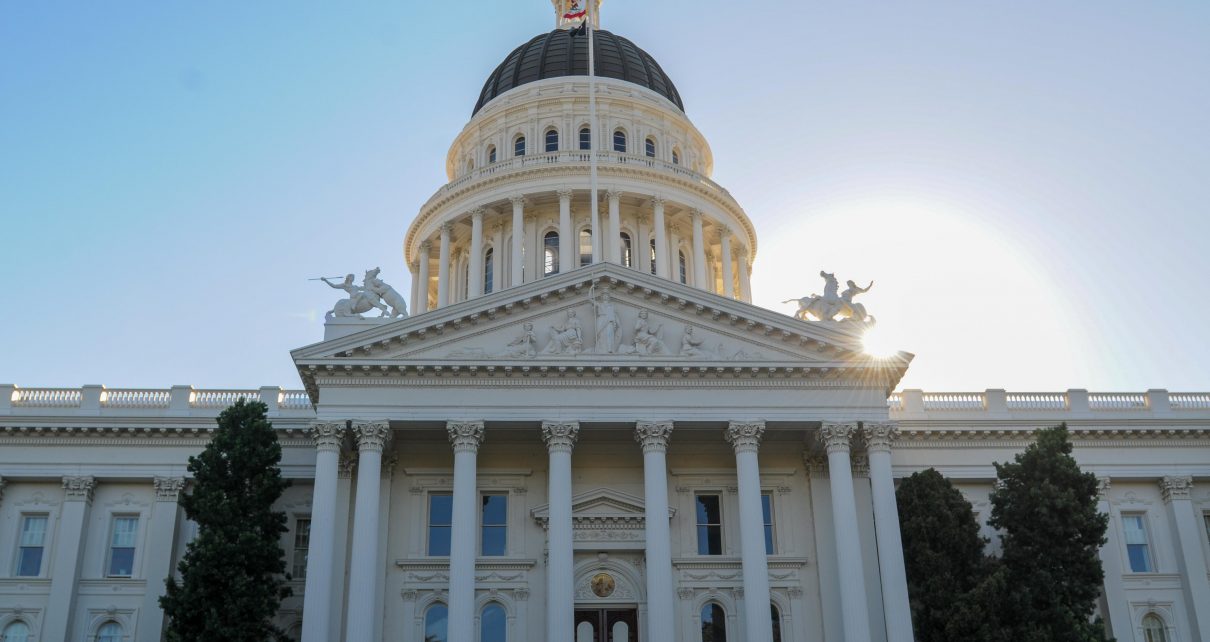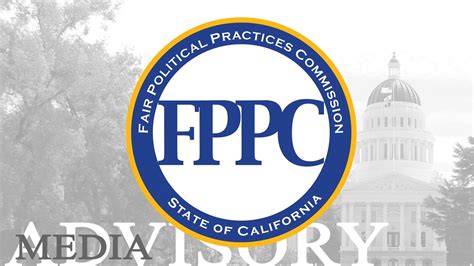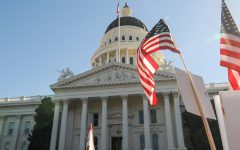
California State Capitol. (Photo: Kevin Sanders for California Globe)
Frequently Asked Questions about Legislative Revolving Door Limitations in California
For how long is the revolving door limitation?
By Chris Micheli, January 13, 2024 2:35 am
What is the “revolving door”? When legislative or executive branch officials leave government service, it is often referred to as the “revolving door” between the public and private sectors.
Are elected members of the legislative branch subject to the “revolving door” limitation? Yes, this law is found in Article IV, Section 5(e) of the California Constitution.
What does the state Constitution provide? The Legislature is required to “enact laws that prohibit a Member of the Legislature from lobbying, for compensation, as governed by the Political Reform Act of 1974, before the Legislature for 12 months after leaving office.”
What is the applicable state law called? Government Code Title 9, Chapter 7, Article 4 concerns the disqualification of former officers and employees, which is known as “the Milton Marks Postgovernment Employment Restrictions Act of 1990.”
For how long is the revolving door limitation? Section 87406(b)(1) applies for a period of one year after leaving office. Note, this period is extended when a state lawmaker leaves office earlier in his or her term.
Can a former legislator lobby for free during the one-year period? Yes, because the prohibiition only applies if they are being compensated.
What is the prohibition? They cannot be paid to “act as agent or attorney for, or otherwise represent, any other person by making any formal or informal appearance, or by making any oral or written communication, before the Legislature, any committee or subcommittee thereof, any present Member of the Legislature, or any officer or employee thereof, if the appearance or communication is made for the purpose of influencing legislative action.”
What happens if the legislator resigns his or her office before their term has expired? Section 87406(b)(2) specifies that “a Member of the Legislature who resigns from office, for a period commencing with the effective date of the resignation and concluding one year after the adjournment sine die of the session in which the resignation occurred, shall not, for compensation, act as agent or attorney for, or otherwise represent, any other person by making any formal or informal appearance, or by making any oral or written communication, before the Legislature, any committee or subcommittee thereof, any present Member of the Legislature, or any officer or employee thereof, if the appearance or communication is made for the purpose of influencing legislative action.”
What revolving door advice is provided by the Fair Political Practices Commission? The FPPC states that “the post-employment activities of a former state legislator are restricted in that the former legislator cannot, for one year, be paid to communicate with their former colleagues in the Legislature in an attempt to influence certain actions or proceedings. If the legislator resigns from office, then the one-year ban begins with the date of the resignation and ends one year after the adjournment sine die of the legislative session in which his or her resignation occurred.”
- Voluntary Expedited Jury Trials - January 13, 2026
- The Division of Property Concerning Reimbursements - January 13, 2026
- Delinquent Child Support - January 12, 2026





It seems that laws that prohibit legislative or executive branch officials from using the “revolving door” between the public and private sectors are often ignored by Democrats and RINOs don’t stop them because they do the same thing?